Introduction
When it comes to DIY car maintenance, having the right tools can make all the difference. While screwdrivers are undeniably useful, there is a whole world of hand tools out there that can help simplify and enhance your car repair tasks. In this article, we will go beyond screwdrivers and explore essential hand tools that every DIY car enthusiast should have in their toolbox.
From wrenches and pliers to sockets and ratchets, these tools are designed to tackle a wide range of automotive repair jobs. Whether you need to tighten a bolt, loosen a nut, or pry something open, having the right hand tool for the job can save you time, frustration, and potentially a lot of money.
We'll discuss the different types of hand tools, their specific uses, and how they can make your car maintenance projects easier and more efficient. Whether you're a seasoned DIYer or just starting out, this guide will help you navigate the world of hand tools for automotive repairs. So, grab your toolbox and let's get started on your next car maintenance adventure.
The Importance of Having Essential Hand Tools
Car maintenance is an important part of owning a vehicle. Regular check-ups and repairs can help prevent major breakdowns and ensure your car runs smoothly for years to come. However, relying solely on professional mechanics can be expensive and time-consuming. That's where having essential hand tools comes in handy.
By investing in a set of high-quality hand tools, you can tackle many car maintenance tasks on your own. Not only will this save you money, but it will also give you a sense of satisfaction and independence. Having the right tools at your disposal allows you to perform routine maintenance, diagnose issues, and even make minor repairs without having to rely on a mechanic.
But why stop at screwdrivers? While they are versatile and necessary, there are many other hand tools that can make your DIY car maintenance endeavors much easier. Let's dive into some of the essential hand tools you should consider adding to your toolbox.
Basic Hand Tools for DIY Car Maintenance
Screwdrivers and Their Uses
Screwdrivers are a staple in any toolbox, and for good reason. They come in various sizes and types, each designed for specific tasks. Flathead screwdrivers are ideal for slot-headed screws, while Phillips screwdrivers are used for cross-headed screws. Torx screwdrivers are commonly found in modern cars and are used for fasteners with a star-shaped pattern.
When working on your car, screwdrivers can be used for tasks such as removing interior trim panels, replacing light bulbs, or adjusting screws on various components. They are versatile and can be used in a wide range of car maintenance projects.
Wrenches and Their Uses
Wrenches are another essential hand tool for DIY car maintenance. They come in different sizes and types, including open-end wrenches, box-end wrenches, and adjustable wrenches. Each type has its own advantages and is suitable for different applications.
Open-end wrenches are used for fasteners with two flat sides and are great for tight spaces. Box-end wrenches have a closed end and provide a secure grip, making them ideal for stubborn bolts. Adjustable wrenches, as the name suggests, can be adjusted to fit different sizes of fasteners.
Wrenches are commonly used for tasks like tightening or loosening bolts, nuts, and fittings. They are indispensable when it comes to tasks like changing tires, replacing brake pads, or adjusting suspension components.
Pliers and Their Uses
Pliers are versatile hand tools that can be found in every toolbox. They come in various shapes and sizes, each serving a specific purpose. Some common types of pliers include slip-joint pliers, needle-nose pliers, and locking pliers.
Slip-joint pliers are adjustable and can be used for gripping and bending objects of various sizes. Needle-nose pliers have long, tapered jaws that allow for precision work in tight spaces. Locking pliers, also known as Vise-Grips, can clamp onto objects and hold them securely.
Pliers are handy for tasks such as removing or installing hoses, bending wires, or holding small parts. They provide a strong grip and allow for better control, making them essential for many car maintenance projects.
Socket Sets and Their Uses
Socket sets are a must-have for any DIY car enthusiast. They consist of a ratchet handle and a set of sockets in various sizes. The ratchet handle allows for quick and easy tightening or loosening of fasteners, while the sockets provide a secure fit.
Socket sets are used for a wide range of tasks, such as removing spark plugs, changing oil filters, or working on the engine. They come in both metric and imperial sizes, so it's important to have a set that matches the specifications of your car.
Having a socket set not only saves time but also ensures that you have the right tool for the job. It eliminates the frustration of using the wrong size wrench or struggling to reach tight spaces.
Hammers and Their Uses
While hammers may not be the first tool that comes to mind when you think of car maintenance, they are still essential for certain tasks. Hammers come in various sizes and types, including ball-peen hammers, rubber mallets, and dead blow hammers.
Ball-peen hammers are commonly used for shaping metal or driving pins. Rubber mallets are ideal for tasks that require a softer impact, such as removing stubborn parts without damaging them. Dead blow hammers are filled with sand or lead shot and provide a non-rebounding strike.
Hammers can be used for tasks like removing dents, adjusting body panels, or tapping parts into place. They provide the necessary force to complete these tasks effectively and efficiently.
Other Essential Hand Tools for DIY Car Maintenance
In addition to the basic hand tools discussed above, there are several other tools that can be useful for DIY car maintenance. These include:
- Pry bars: Used for prying open stubborn parts or separating components.
- Wire cutters: Essential for cutting and stripping wires during electrical repairs.
- Multimeter: A handy tool for diagnosing electrical issues and testing circuits.
- Feeler gauges: Used for measuring gaps and clearances, such as spark plug gaps.
- Oil filter wrench: Makes it easier to remove and install oil filters.
- Brake bleeder kit: Essential for bleeding the brakes and removing air bubbles.
These additional hand tools can further enhance your DIY car maintenance capabilities and ensure that you have the right tool for every job.
Conclusion: Building Your Tool Collection for DIY Car Maintenance
Having the right hand tools is essential for any DIY car enthusiast. They not only make your car maintenance projects easier and more efficient but also save you time, money, and frustration. By investing in a set of essential hand tools, you can take on a wide range of tasks, from routine maintenance to minor repairs.
In this article, we explored beyond screwdrivers and discussed various hand tools, including wrenches, pliers, socket sets, hammers, and more. Each of these tools has its own specific uses and can greatly simplify your car maintenance endeavors.
So, whether you're a seasoned DIYer or just starting out, it's time to expand your toolbox and explore the world of essential hand tools for DIY car maintenance. With the right tools at your disposal, you'll be able to tackle any car repair project with confidence and ease. Happy wrenching!




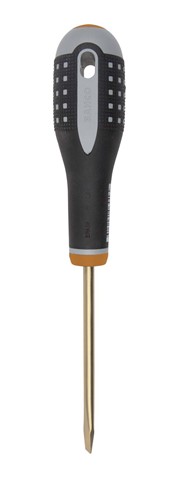





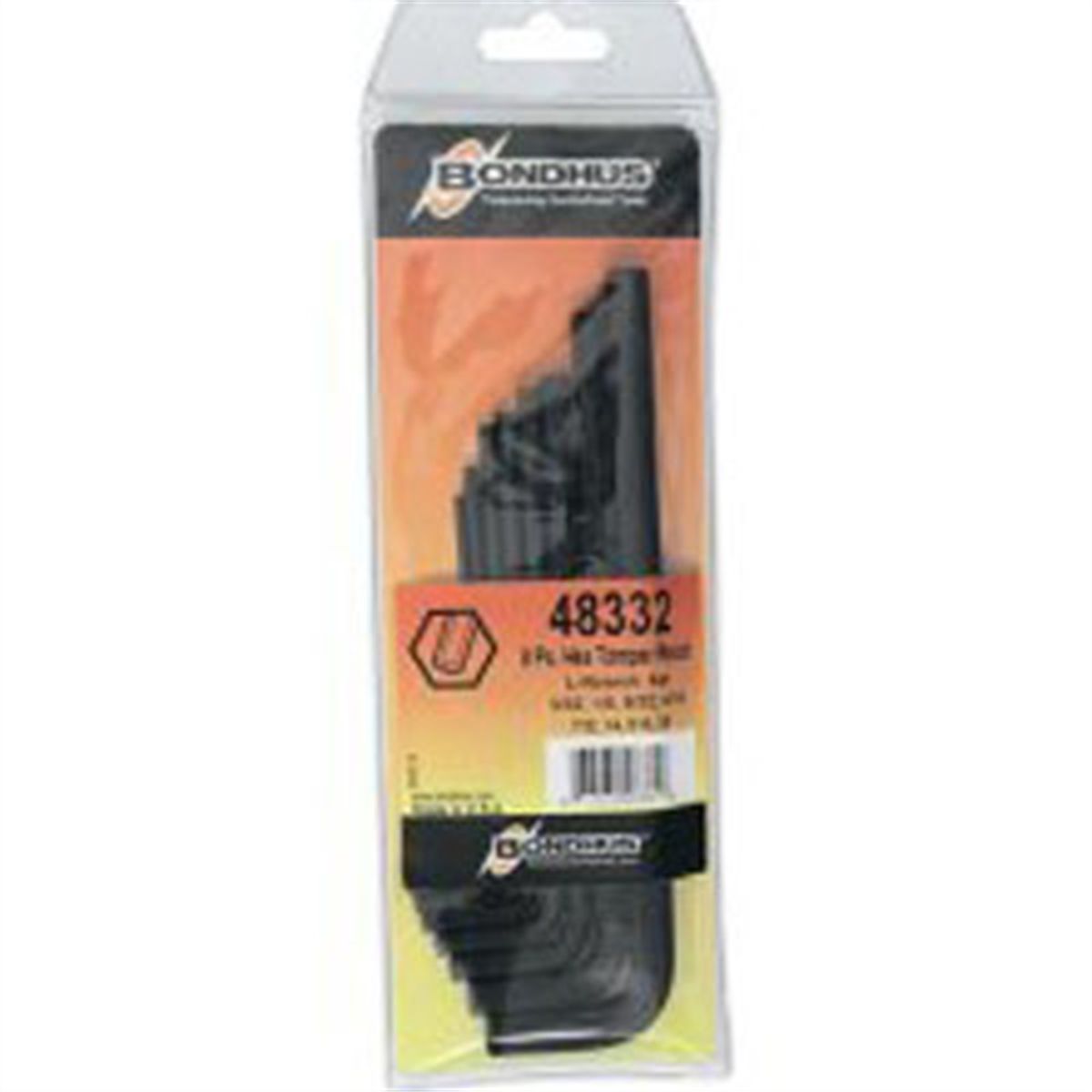


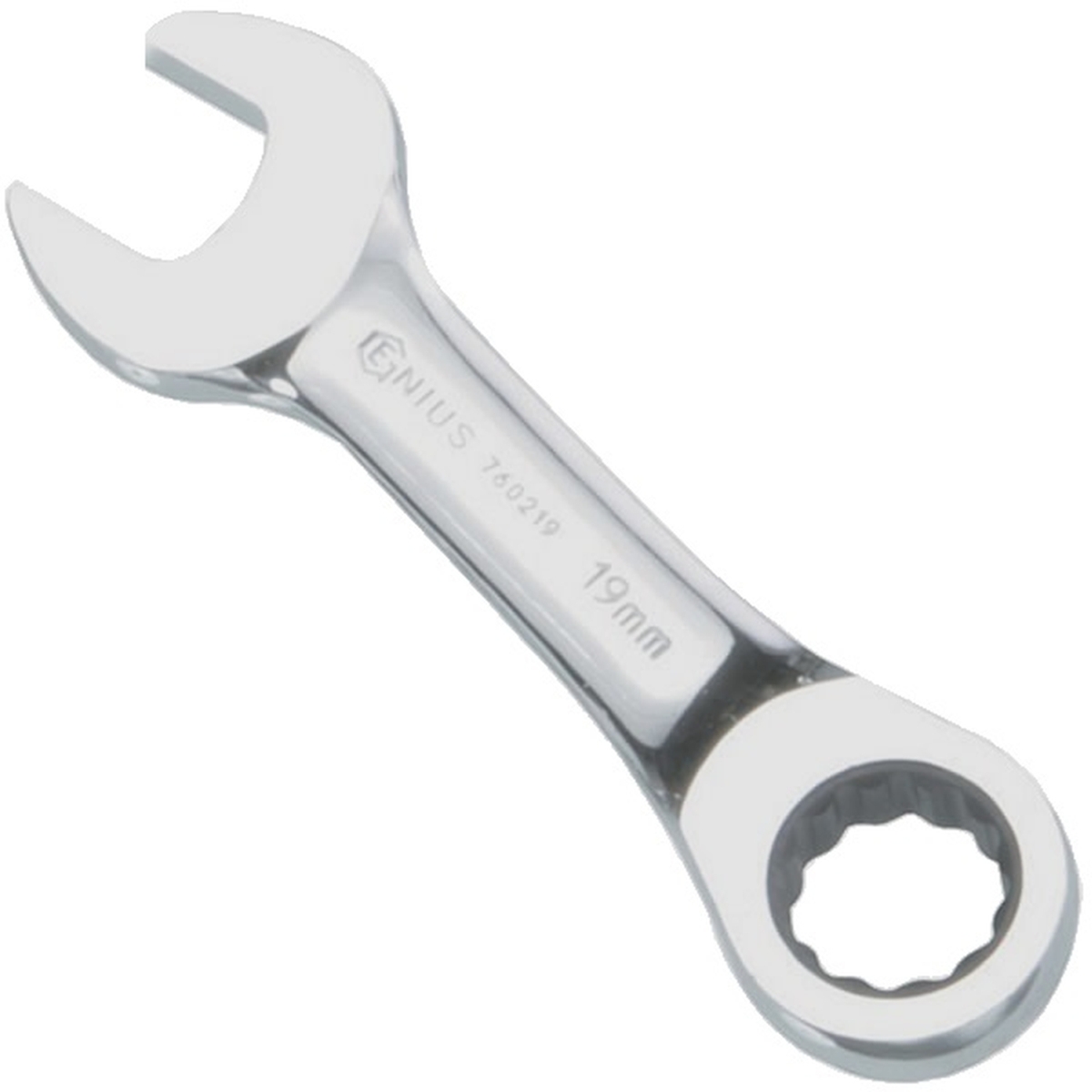


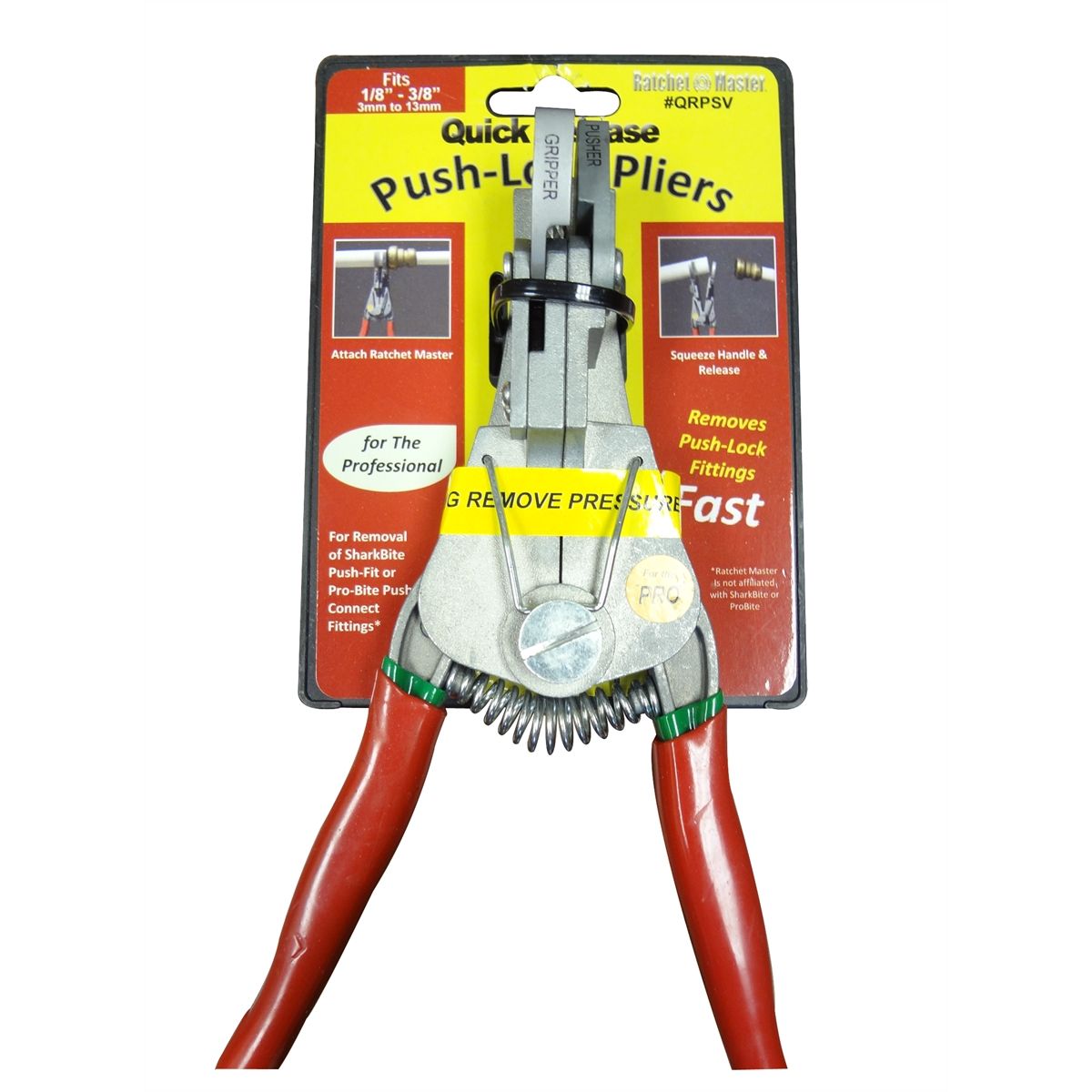

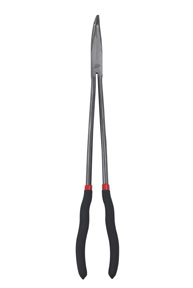
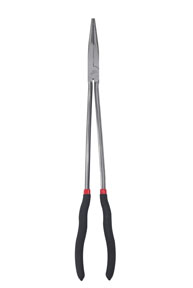
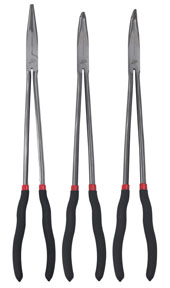

Follow us on social media